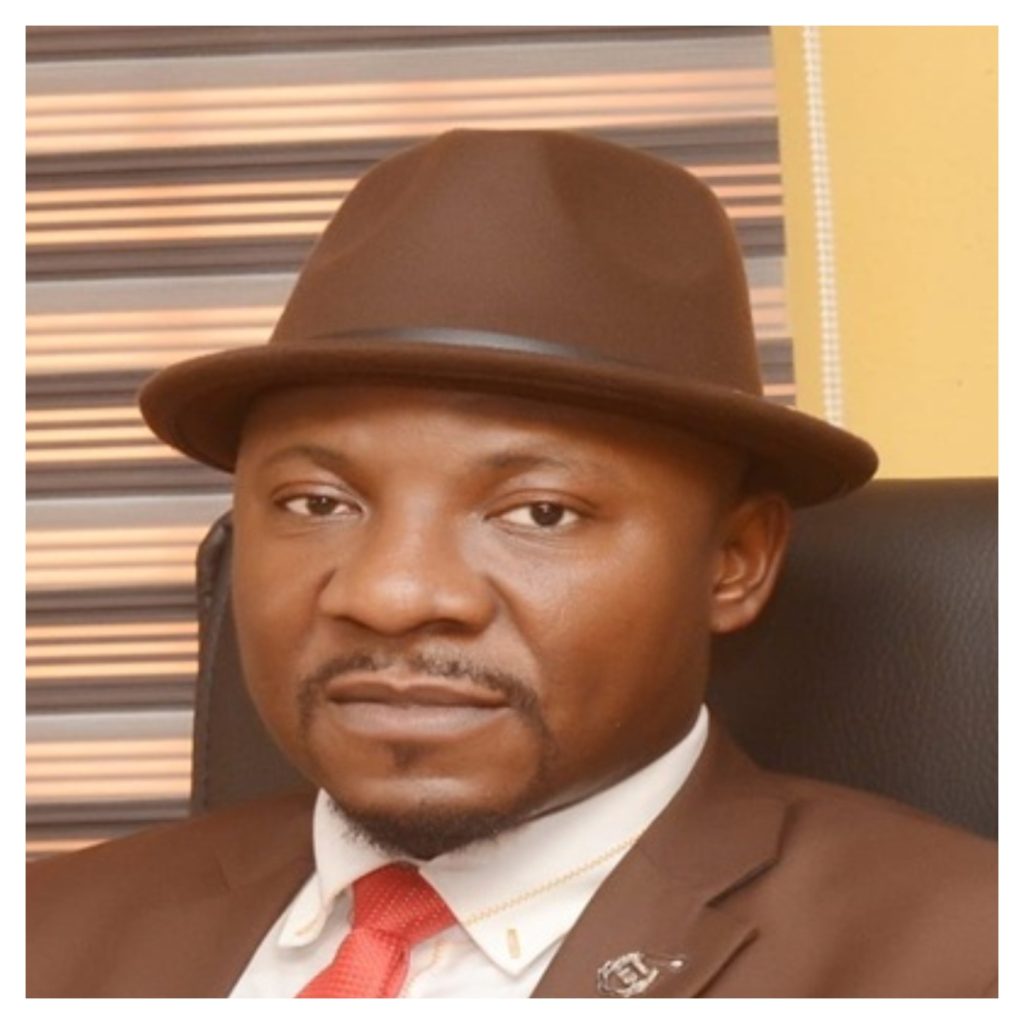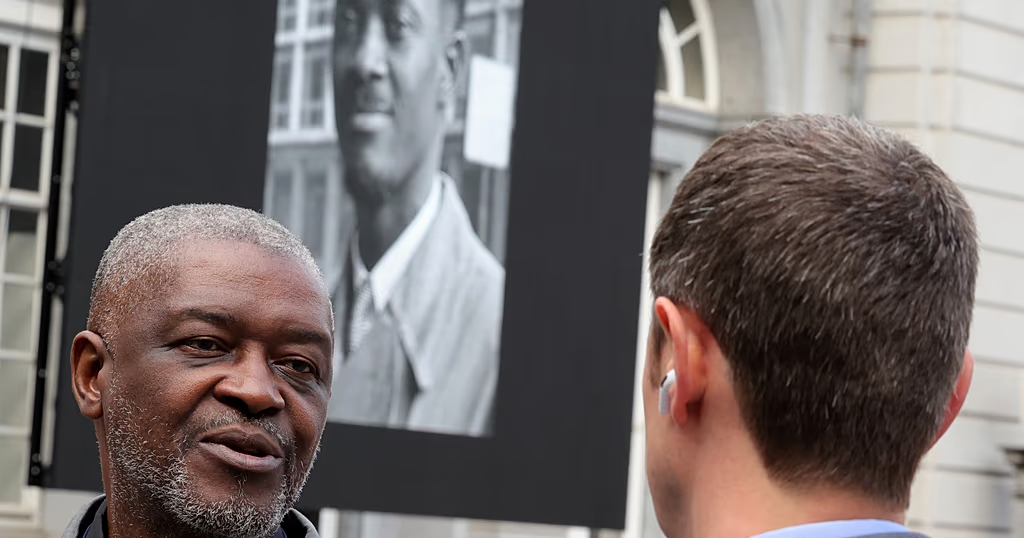Nigerians’ Trust in News Surges to Highest in the World, Despite Global Decline
In a surprising turn of events, a new report by the Reuters Institute for the Study of Journalism has found that Nigerians’ trust in news has increased significantly since 2021, making them the most trusting of news globally. According to the Digital News Report, a staggering 68% of Nigerians still trust the media, surpassing Finland, which comes in second with 67%. This trend defies the global decline in trust in the media over the last decade, with countries like Hungary and Greece recording the lowest trust levels at 22%.
The report highlights that despite challenges posed by misinformation and press freedom, 68% of Nigerian audiences remain highly interested in news. This is a notable exception to the global average, where trust in news has remained stagnant at 40% for three consecutive years. The UK, in particular, has seen a steep 16-point decline in trust since 2015, with only 35% of its citizens trusting the media.
The Digital News Report, based on an online survey of almost 100,000 people in 48 markets, including Nigeria, sheds light on the trends shaping newsroom strategy, audience behavior, and tech disruption. The report notes that 40% of people worldwide now sometimes or often avoid news, citing negative mood impact, feeling overwhelmed, and too much conflict coverage as primary reasons.
Interestingly, the report found that high trust levels often coexist with lower levels of press freedom. Nigerian journalists, in particular, have shown resilience in the face of rising threats, with the Committee to Protect Journalists (CPJ) recording 56 cases of journalists being assaulted or detained by security agencies during the 2024 #EndBadGovernance protests.
In Nigeria, online media has become the primary source of news, with 94% of respondents relying on online mediums and 79% using social media as their main source of news. However, online influencers and personalities are seen as significant sources of false or misleading information, with 58% of Nigerians and 59% of Kenyans expressing concern about their ability to distinguish fact from fiction.
As the media landscape continues to evolve, the report emphasizes the need for radical transparency and accuracy in reporting, particularly in polarized societies where these concepts are often contested. With Nigerians leading the way in trust, the global media community can learn from their example, prioritizing fact-based reporting and original storytelling to rebuild trust and strengthen democracy’s information infrastructure.



